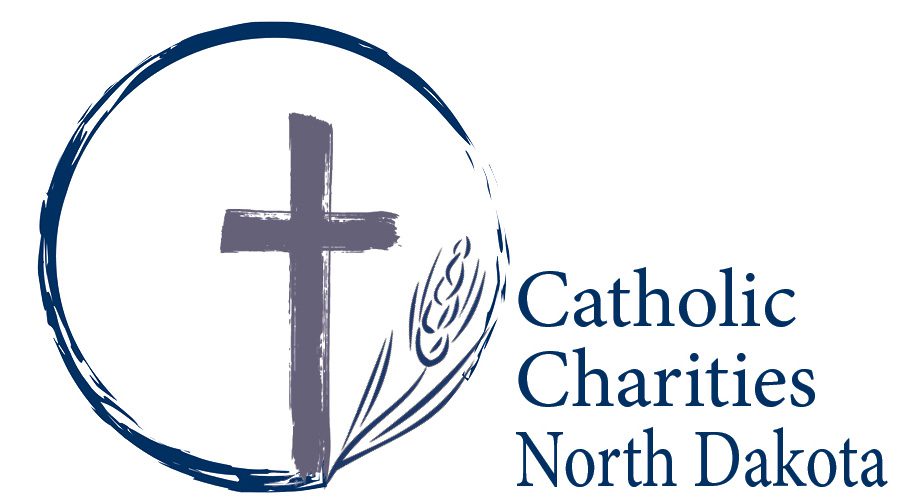

MINOT – Catholic Charities has served adults with intellectual disabilities for several years.
The specific program that helps the community in this area, called guardianship, is headed by Brian Osvold, guardianship worker.
Osvold explained that the program provides people to be a person’s court appointed guardian, being contracted with the state of North Dakota through the Human Service Department.
“We’re the decision makers for the individuals that we serve,” Osvold explained. “We can make residential decisions, financial decisions, locational decisions, legal decisions. Guardianship is a really really restrictive process. It takes away most of a person’s rights to choose for themselves. So we as Catholic Charities step in and make those decisions with the individual, and in some cases for them when they can’t make the decision themselves.”
Osvold said Catholic Charities is the only option for those individuals if a family member or other does not wish to be.
“North Dakota state law prefers a family guardian or a friend guardian,” said Osvold. “The corporate guardian, Catholic Charities, we’re the last resort.”
Osvold said Catholic Charities works with services in the community.
“I liken it to a three-legged stool,” Osvold described. “We’ve got the State Department of Human Services, their developmental disabilities division, that provides the funding and makes the rules of what services can be provided and how they are to be provided. We’re the decision maker for the individuals on what services are most needed. And we work closely with the service providers who actually do the service and go work with that person either in their apartments or in a group home, or some other facility like that.”
Osvold said Catholic Charities is still closely involved with the individuals itself, by requiring that its staff meet with clients at least once a month.
“We have to get to know them to know what they would want if they could make the decisions for themselves or what is best for them,” said Osvold. “Our clients run the gamut from profoundly intellectually disabled where they can’t communicate what they need all the way up to people who mostly can make the decisions for themselves but make poor decisions.”
Osvold said Catholic Charities is contracted for 499 people across the state.
“Unlike a lot of social programs, we work with them long term,” said Osvold. “A lot of the time people leave our program when they pass away. It’s a great success when someone is able to learn enough to make decisions on their own, so they no longer need a guardian. Or sometimes a parent or individual will step up and say ‘Yeah, now I can take that guardianship.’”
Osvold said there is a waiting list for this program of around 100 people, who simply do not have a guardian.
“We have our sister program, Guardianship Services for the vulnerable,” said Osvold. “They work with vulnerable adults. People with either mental illness or the older people who maybe have some dementia going on or something like that where they can no longer make decisions for themselves, and they need someone to make those decisions for them. Maybe they’ve had somebody but they’ve been financially exploited by a family member or something like that. So, there’s those people as well and I don’t know what the waiting list for that is. I would say for all the needs for guardianship that would be the most vital.”
Osvold said services for vulnerable adults are very few, saying that the funding appropriated by the ND state legislature has not been enough.
“For my population, the biggest need is for workers for these providing agencies,” said Osvold. “The labor shortage is just getting to be phenomenal. Doing the direct care for my clients, that’s the biggest need. We’ve got agencies, those agencies are always looking for help. It’s been getting worse.”
Osvold said these agencies have been short-staffed for many years, but it is getting to a point where it is at a crisis level.
“They can’t do everything to meet that individual’s needs,” said Osvold. “They’re just working to keep them safe some days.”
Osvold said there is quite a bit of training for these workers to go through, but most of the jobs within the program do not require a college degree.
More information on Catholic Charities North Dakota can be found here. Information on Catholic Charities USA can be found here.
